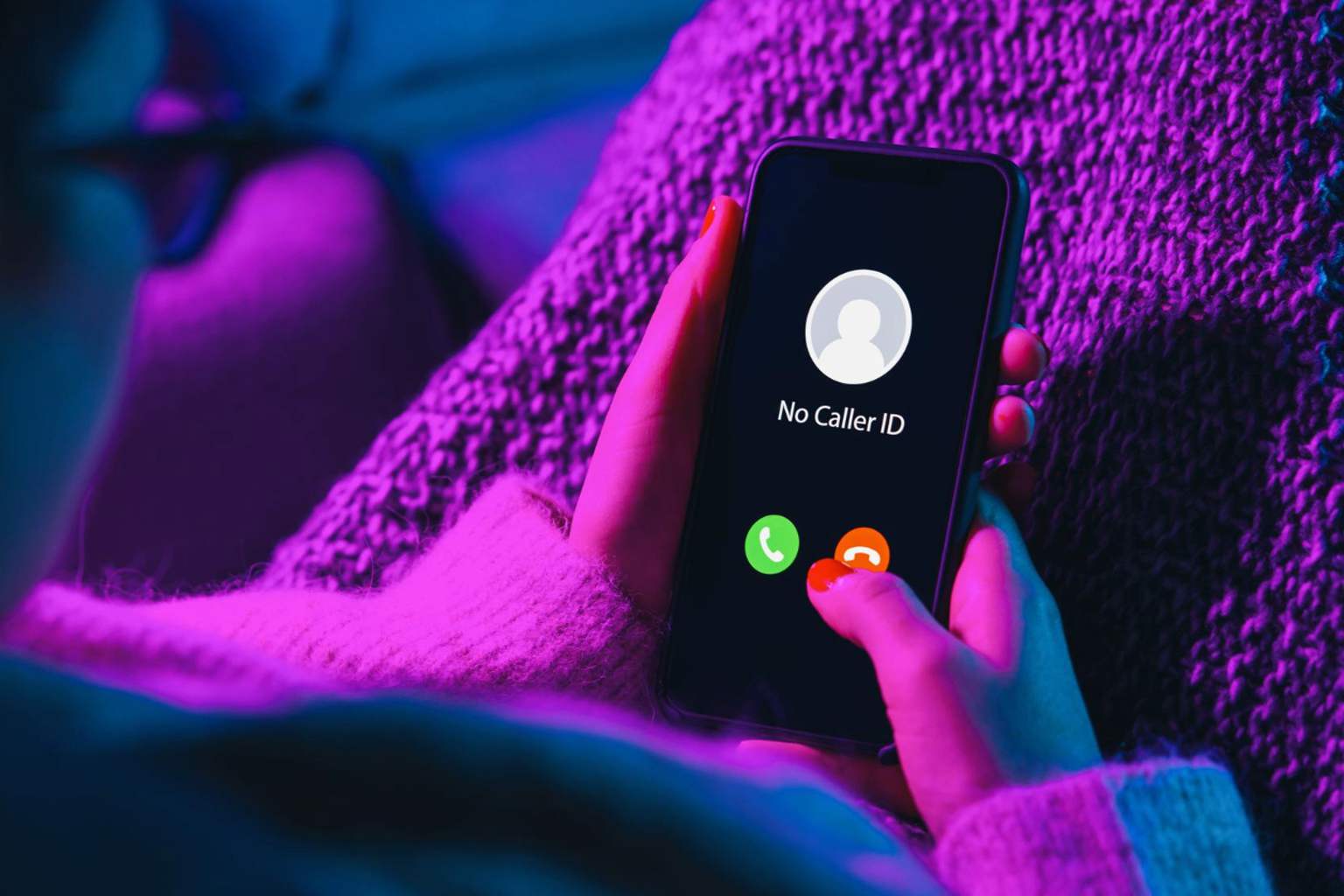Have you ever wondered why some people always keep their phone on silent? What does it say about their personality or their approach to life? In a world where notifications constantly bombard us every minute, choosing silence can be a powerful statement. Let’s dive into what psychology reveals about this modern habit and why it might actually be a healthy choice.
Psychology and the art of prioritizing well-being by silencing your phone
A fascinating study from the University of Helsinki shines light on the growing tendency to keep phones on silent mode. Far from being antisocial, this choice is often a thoughtful strategy to manage stress and protect mental health. People who adopt this habit are usually more introspective and skilled at self-regulating emotions. Instead of reacting to every ping and buzz, they set boundaries that favor their peace of mind.
Think about the last time your phone went off during a quiet moment—how quickly did anxiety or irritation rise? For many, silencing the phone is a way to carve out space for themselves, reducing the relentless flood of alerts that can overwhelm the senses. It’s an effort to reclaim autonomy over one’s attention in an age dominated by constant connectivity.
Independent minds resist fear of missing out by choosing silence
Keeping your phone silent can also be a sign of independence and emotional strength. It shows resistance to FOMO—the fear of missing out—that fuels compulsive checking of devices. People who do this don’t avoid social connections; instead, they consciously decide when and how to engage, prioritizing what truly matters over impulsive reactions.
This subtle act reflects a broader mindset: valuing presence, calm, and the ability to make intentional choices. I personally remember a time when I would scramble to respond instantly to every message, only to realize how scattered and frazzled I felt. Switching to silent mode helped me slow down and focus on what was actually important in the moment.
However, these silent phone users often don’t fit the mainstream mold, and that’s precisely why behavioral psychology is so intrigued. Researchers pay close attention to how people relate to their phones, especially when usage slips into compulsive or problematic territory.
Silent mode as a shield against digital overload and stress
One of the most striking effects of putting your phone on silent is combating the urge psychologists call “compulsive checking.” Many of us look at our phones repeatedly—even when they aren’t ringing or vibrating. This habit ties into our culture’s obsession with being always available, which can heighten stress and reduce focus.
By embracing silent mode, some people create a much-needed “bubble of calm,” slowing down their experience of time and increasing their ability to be present. Of course, motivations can vary. Some simply dislike notification sounds, others forget to turn alerts back on, and some use silence to avoid social pressure.
In every case, this conscious choice signals a desire to regain control over one’s time and attention and to mute the constant digital noise. Behavioral psychology won’t tell you to abandon this habit because it’s often a healthy form of self-care.
According to the website Psychologie Positive, excessive phone dependence can distort our sense of time, attention, and emotion. Dr. Nicolas Neveux, a psychiatrist, recommends cognitive-behavioral therapies (CBT) to help people recalibrate their relationship with technology if addiction sets in.
The journey to managing our digital worlds is deeply personal. What have you noticed about your phone habits? Do you keep yours on silent, or do you prefer to be instantly reachable? Share your experience or thoughts below—sometimes hearing others’ stories helps us understand ourselves a little better. Don’t hesitate to spread the word and spark a conversation about how we can all find healthier balance in this noisy, connected age.
